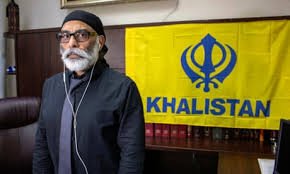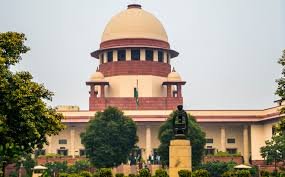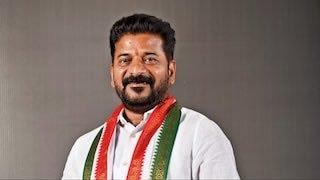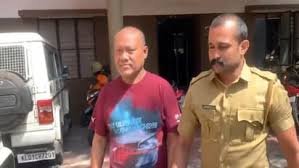Friday’s high-level meeting in Delhi, chaired by MHA advisor AK Mishra, marks the first direct re-engagement by Manipur officials since the state government pulled out of the SoO pact in 2023.
By Navin Upadhyay
In a significant political shift, the Manipur government has rejoined the talks between the Ministry of Home Affairs (MHA) and armed Kuki-Zo groups under the Suspension of Operations (SoO) pact. The renewed engagement came during high-level negotiations held in Delhi on Friday, attended by MHA officials, SoO group leaders, and representatives of Manipur Governor AK Bhalla.
This marks the first direct participation of Manipur’s administration in the SoO talks. Biren Singh government had withdrawn from the SoO framework in 2023, accusing Kuki-Zo insurgent groups of violating ceasefire terms and undermining state integrity — a move that cast doubt over the future of the ceasefire arrangement and derailed dialogue efforts for over a year.
A story you must not skip: No Arrests. Behind Manipur’s Arms Haul, a Quiet Deal?
With the state now under Governor’s rule, Raj Bhavan has assumed a more prominent role in peace efforts. Officials close to the developments confirmed that Friday’s meeting took place in a “positive and constructive atmosphere”, and that the dialogue would resume on Monday. The focus remains on deliberating on the SoO pact, a ceasefire arrangement signed between the Government of India and over two dozen Kuki-Zo armed groups, most of whom operate in Manipur’s hill districts.
Sources said that the Kuki National Organisation (KNO) and United People’s Front (UPF) — both signatories to the SoO pact — presented a unified stance during the talks. A total of 11 representatives from both groups participated in the meeting, which was chaired by AK Mishra, the Ministry of Home Affairs advisor for Northeast affairs. Officials from the Intelligence Bureau were also present during the two-hour discussion.
READ: The Mate Case (Part-2): Defense Strategy – Picking Apart the NIA Case, Line by Line
The SoO pact, operational since 2008, requires signatory groups to suspend militant activities and restrict themselves to designated camps in order to continue political dialogue and development assistance. The agreement has been a cornerstone of the Centre’s peace policy in Manipur, but has come under fire amid the state’s ongoing ethnic crisis.
The talks come in the wake of a June 30 meeting between MHA and valley-based civil society groups, including the Coordinating Committee on Manipur Integrity (COCOMI) and the Forum for Cultural and Social Harmony (FOCS). These groups demanded that the SoO not be extended unless strict conditions are imposed.
On the other side, Kuki-Zo armed groups and their affiliated civil society organizations are not receptive to any conditionalities tied to the SoO’s renewal. They insist that the agreement be extended unconditionally, citing their isolation, vulnerability, and lack of access to basic services in the wake of violence that began in May 2023.
They argue that demands for disarmament or highway access cannot be discussed in isolation, especially when no similar restrictions are imposed on Meitei armed groups that, they allege, continue to operate with impunity in the valley.
The next round of dialogue on Monday will be a litmus test for the Centre’s ability to mediate impartially between deeply divided communities. While the immediate focus remains on the technical extension of the SoO, the real challenge lies in crafting a comprehensive roadmap for peace that includes confidence-building, accountability, and a rethinking of state structures that have failed large swathes of the population.
In a state where violence has displaced governance, the SoO talks offer a rare sliver lining of engagement. Whether they yield durable peace or deepen mistrust may hinge on the Centre’s ability to balance competing demands without compromising on justice, dialogue, or federal principles.














